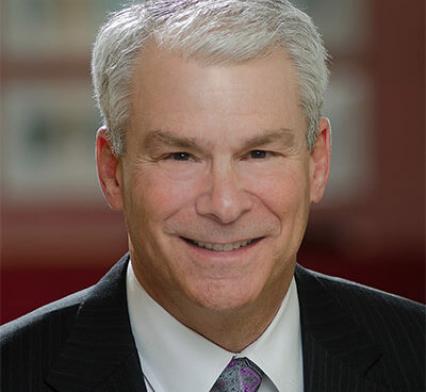Competing at the Speed of Learning
Every company, regardless of industry sector, is becoming a technology company. That’s necessary, but not sufficient, to succeed in this new era of business. What will win the day is how quickly learning can be applied to meeting customer needs through the orchestration of technology and human understanding.
Note that I use the word “learning” – not simply data. Successful companies must transpose their focus from data/information to learning/intelligence. It’s about making meaning of the information inside and outside your organization: the patterns, the needs, the trends, the fears. And it’s also about how quickly your company can do that. Some years ago, the slogan of one national company talked about moving at “the speed of business.” Now, successful companies must move – and compete – at the speed of learning.
Artificial intelligence is a big part of that, of course. By giving us the ability to comb through and detect patterns in once-uncountable bits and bytes of data, AI tools can enable companies to quickly see customer habits and preferences, often before customers have done so themselves.
But patterns aren’t the whole picture. At the risk of sounding like a statistician: Patterns can show you association, but not always causation. And at the risk of sounding like a grammarian: they can tell you the past tense – what happened – but they can’t tell you the subjunctive case – what could happen.
Only human artistry can fill in these outlines. And that is where the future of workers lies: in the higher-order, complex thinking that is necessary to turn data into intelligence and then act on that intelligence.
The jobs of the future will rely on human/machine collaboration. Indeed, this is true of many jobs today. Jobs that depend on pattern recognition and optimization – e.g., credit analyst, expediter, supply chain coordinator – can be performed largely by AI, with humans looking for the anomalies, providing the empathetic voice and trouble-shooting. Jobs that require creativity and social interaction – design, coaching – can be performed by humans, but with AI assisting by providing suggestions based on past experience.
As a leader, it is incumbent upon you to give your employees the exposure and skill development today that will help them understand, be comfortable with and thrive in this new type of collaborative atmosphere. A recent article from the Boston Consulting Group (from which the ideas in this blog are drawn) specifies three ways companies can help their employees cultivate the unique human skills they’ll need to turn data learnings into human insights:
- Expose employees to unfamiliar or anomalous information, in order to inspire imagination.
- Schedule and protect time for unstructured reflection.
- Promote new ways of working that enable dynamic learning and adaptation.
Competing at the speed of learning requires companies to unlock both technological and human potential. The companies that succeed at becoming next-generation learning organizations will show us how to balance these imperatives.
